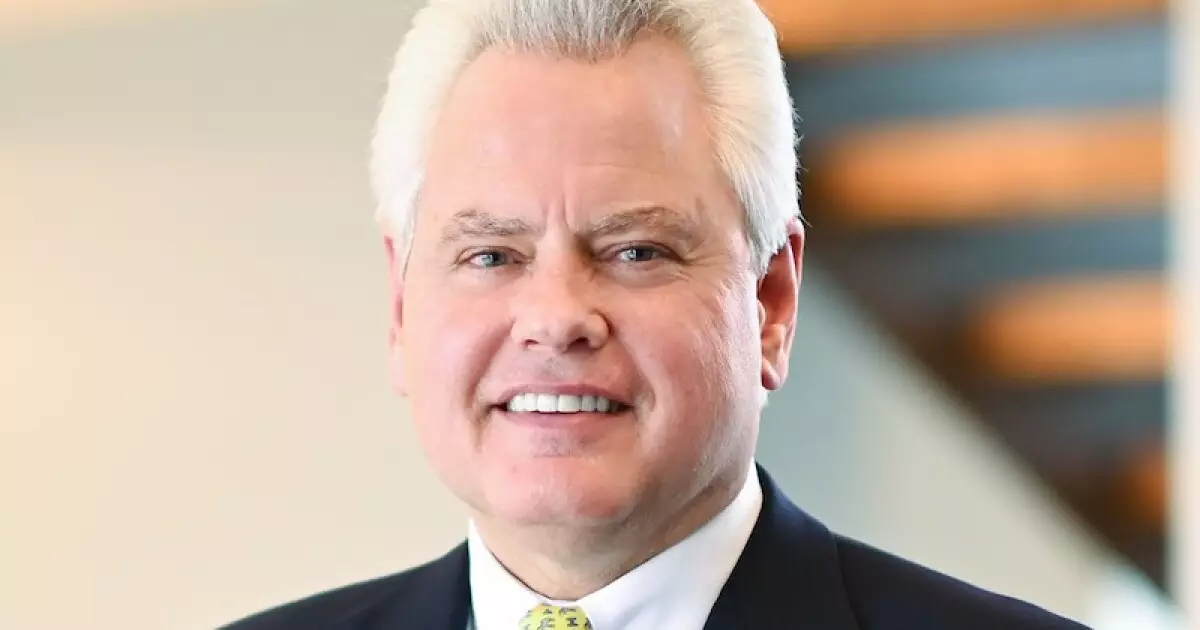In an era where higher education institutions are grappling with enrollment declines and tight budgets, the University of Idaho’s recent decision to abandon its $685 million acquisition of the University of Phoenix raises critical questions about fiscal responsibility, strategic foresight, and institutional integrity. This decision followed two years of rigorous negotiations that ultimately culminated in a mutual agreement to call it quits. While both parties publicly expressed gratitude for the collaborative efforts involved, it is apparent that the repercussions of this failed endeavor extend far beyond administrative headaches—they encompass the economic, social, and reputational aspects that affect students, faculty, and taxpayers alike.
The alarming factor in this scenario is not merely the abandonment of the deal but also the serious financial implications for the University of Idaho (UI). Originally, the university aimed to transition the University of Phoenix into a nonprofit entity through a complex undertaking that included issuing $685 million in bonds. The notion behind this massive investment was to open doors for educational opportunities geared toward adult learners and online students. However, as Moody’s Ratings ominously pointed out, this plan would result in a substantial increase in UI’s debt—a potentially detrimental scenario for an institution that had only $130 million in rated debt outstanding as of mid-2023. Allowing these financial strains can compromise the quality of education, faculty salaries, and even basic operational functions of the university.
Political Backlash: A Loss for Public Trust
The intended acquisition did not just attract financial skepticism; it also sparked political controversy. Questions were raised about the transparency and propriety of the negotiations. Idaho Attorney General Raul Labrador even threatened legal action due to concerns that the Board of Regents and university officials might not have adequately vetted this massive venture. Such public dissent raises troubling flags about governance at institutions charged with molding future leaders. When educational authorities unplug ethical considerations in their decision-making, they risk undermining public trust—a currency that is painstakingly earned and readily squandered.
Adding to the predicament, state lawmakers expressed skepticism toward the deal, potentially signaling a fading interest from the authorities to protect taxpayer dollars. This political backdrop emphasizes the importance of ensuring that higher education remains open, transparent, and genuinely accountable to the public it serves. When a significant portion of funding comes from the public purse, there exists a moral obligation to ensure that investments are thoroughly evaluated—not only from a financial standpoint but also from a value-driven inclination toward higher education accessibility.
The Opportunity Cost of Inaction
Amidst the chaos of this canceled deal lies the question of what the future holds for the University of Idaho and its strategic trajectory. UI President Scott Green indicated that the acquisition had become “cost prohibitive,” hinting at a more profound issue: the institution’s failure to adapt to demographic and technological shifts in education. The opportunity cost of abandoning this acquisition could prevent the university from accessing a lucrative segment of the student market. As traditional enrollment dwindles, the need for online programs catering to adult learners has never been more pressing.
Furthermore, while UI’s pursuit of expertise in workforce training seemed noble, the feasibility of realizing these goals through a dysfunctional merger was dubious at best. For higher education institutions that falter in their adaptability, adverse consequences loom large, threatening their very essence and purpose in a rapidly evolving world.
What Lies Ahead?
While the termination of this agreement has been framed as a mutual decision, it appears to be a wake-up call for both the University of Idaho and the broader higher education landscape. As institutions struggle to stay afloat amidst financial crises and shifting student needs, they must embrace calculated risk-taking, devoid of vanity projects that come with questionable financial wisdom. The focus should be on sustainable practices grounded in long-term viability, centered on student success, community engagement, and financial prudence.
The looming issue is whether institutions like the University of Idaho will learn from this costly fiasco. The stakes are high, not just for UI, its students, and its faculty, but for the societal fabric that hinges on equitable access to quality education. As the dust settles, we must hope that this experience prompts a recalibration of priorities and encourages universities to scrutinize their strategic choices more judiciously in the future.

